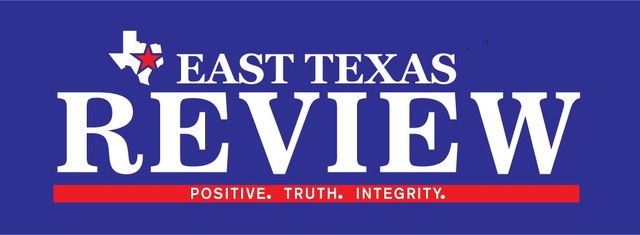
Choosing Assisted Living Homes
By Mechele Mills
Choosing an assisted living facility is a big decision. Whether you decide for yourself or a loved one, you want to find a new home that meets all your clinical, financial, and lifestyle needs.
Here are BBB‘s tips for researching assisted living facilities and finding the best option for you.
Tips for choosing an assisted living facility
Get recommendations. Ask friends, family, and your doctor for recommendations. Ask friends to share personal experiences. You can also use the Eldercare Locator, a public service of the Administration on Aging (AoA), to consult with your local agency on aging for information on trusted assisted living centers. Check out BBB Accredited assisted living facilities in your area.
Consider your needs. Residents in assisted living facilities often need assistance with basic activities such as bathing, dressing, eating, and getting around. The level of care assisted living facilities offer can vary greatly, so make sure the facility you choose can meet your loved one’s specific needs.
Consider the cost. Medicare doesn’t cover assisted living costs, so most people pay with private funds . If you need help paying for assisted living, speak with a financial advisor. Assisted living staff may also be familiar with resources and assistance programs to help lessen the costs.
Consider the advice of a long-term care ombudsperson. Consult your state long-term care ombudsman program for more information about assisted living facilities in your area. Your local ombudsperson can help you investigate facilities and make you aware of a facilities’ track record.
Consider location. Facilities close to friends and families are often the best choice. This ensures the resident can receive lots of visitors and provides encouragement to the facility to deliver optimal care.
Ask plenty of questions.
Before calling assisted living facilities, consider the following questions gathered from AARP.
- How many residents does the facility accommodate?
- Are there units with private kitchens and bathrooms?
- Are the rooms furnished?
- What personal possessions can residents bring with them?
- Are pets allowed? If so, is there a cost?
- What amenities are available to residents?
- Are there personalized care plans for each resident?
- How are additional services billed?
- Are there doctors, nurses, pharmacists, physical therapists, housekeepers, cooks, and activity directors on staff?
- Does the facility run background checks on staff?
- Can residents keep seeing their current physicians?
- What happens if a resident’s health deteriorates and needs additional care or a hospital stay?
- What safety features does each residential unit feature?
- What is the staff-to-resident ratio during the day and at night, and how often are residents checked on?
- How often are rooms and common areas cleaned?
- How often can family and friends visit? Can a friend or family member stay the night?
- What are the meals the facility serves, and how often?
- What is included in the cost of the unit (utilities, meals, meal delivery to room, etc.)?

Make a checklist. Make a checklist of your most important questions and take it with you when you visit a facility and take note of the answers. This checklist will come in handy when you start comparison shopping.
Be observant when you visit the facility. As you tour a facility, keep your eyes open to the cleanliness, activities, safety features, available common areas, how friendly the staff is, and how healthy and happy the residents seem. Be bold and ask any residents you meet about their experience.
Compare several facilities. Tour several facilities and compare the before making your final decision.
Review contracts. Read the contract from start to finish. Make sure you have clarity about what is included and what is not included in the monthly fee. Pay attention to the rules regarding discharging or evicting a resident, late, or missed payments, and how the facility handles (or limits) your rights to file a lawsuit should something go awry.




